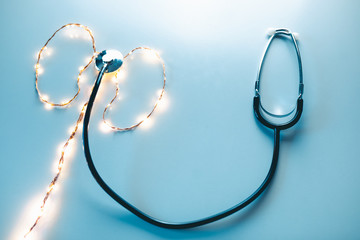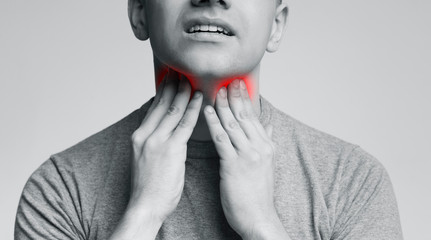October is here, and fall is in full swing. The leaves are starting to turn from green to brilliant reds, yellows, and oranges, but there’s one color that pops up in October you won’t see on the trees — pink.
October is Breast Cancer Awareness Month, which features an annual campaign to raise awareness about the disease and learn more about protecting yourself.
The best way to keep yourself healthy is early detection. When breast cancer is detected early while it is still in a localized stage, the five-year survival rate is 100 percent. According to the American Cancer Society, doctors feel that early detection tests for breast cancer save thousands of lives each year. Here are some recommendations for early breast cancer detection for women without any typical symptoms.
Women age 40 and older should have a mammogram every year and should continue this routine as long as they are in good health. Evidence has found that mammograms offer significant benefits to women in their 40s. The greatest benefit of regular mammograms is early detection, which means treatment can be started earlier in the course of the disease, possibly even before it has spread. However, a mammogram can miss some cancers, or it may lead to findings that are not cancer. In addition to mammograms, women over 40 should also have a clinical breast exam (CBE), a physical exam done by a health care provider as part of your regular medical checkup annually so you and your doctor know what is normal for you. Your doctor or nurse should carefully feel your breasts and underarm for any changes or abnormalities, as well as visually check your breasts while you are sitting up and physically examine your breasts while you are lying down. A CBE offers women and their doctor the chance to discuss any changes in their breasts, early detection testing and any risk factors involved with breast cancer.
Women in their 20s and 30s should have a CBE as part of their regular health exams, preferably every three years. The chance of breast cancer occurring in women in their 20s is very low and gradually increases with age.
A breast self-exam (BSE) is another option for women starting in their 20s. Doing BSE regularly is one way for women to know how their breasts normally look and feel and to notice any changes. If a change occurs, you should see your health care professional immediately for evaluation. Screening and early detection are the best ways to improve your chances for survival against breast cancer, so if you’re experiencing any abnormalities, visit our AFC Urgent Care location today to get advice and insight from a medical professional.


